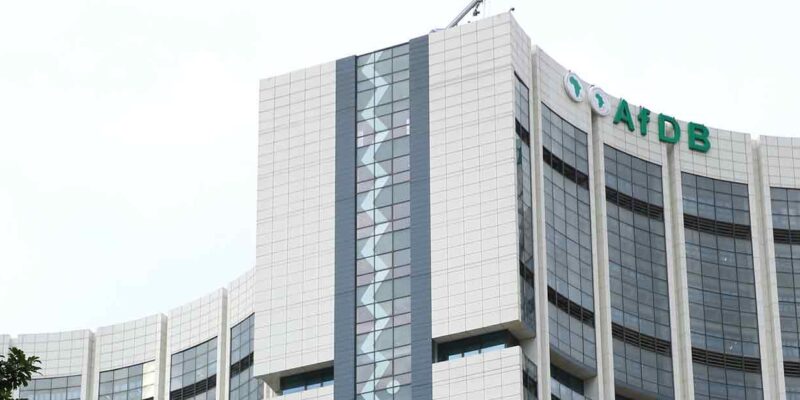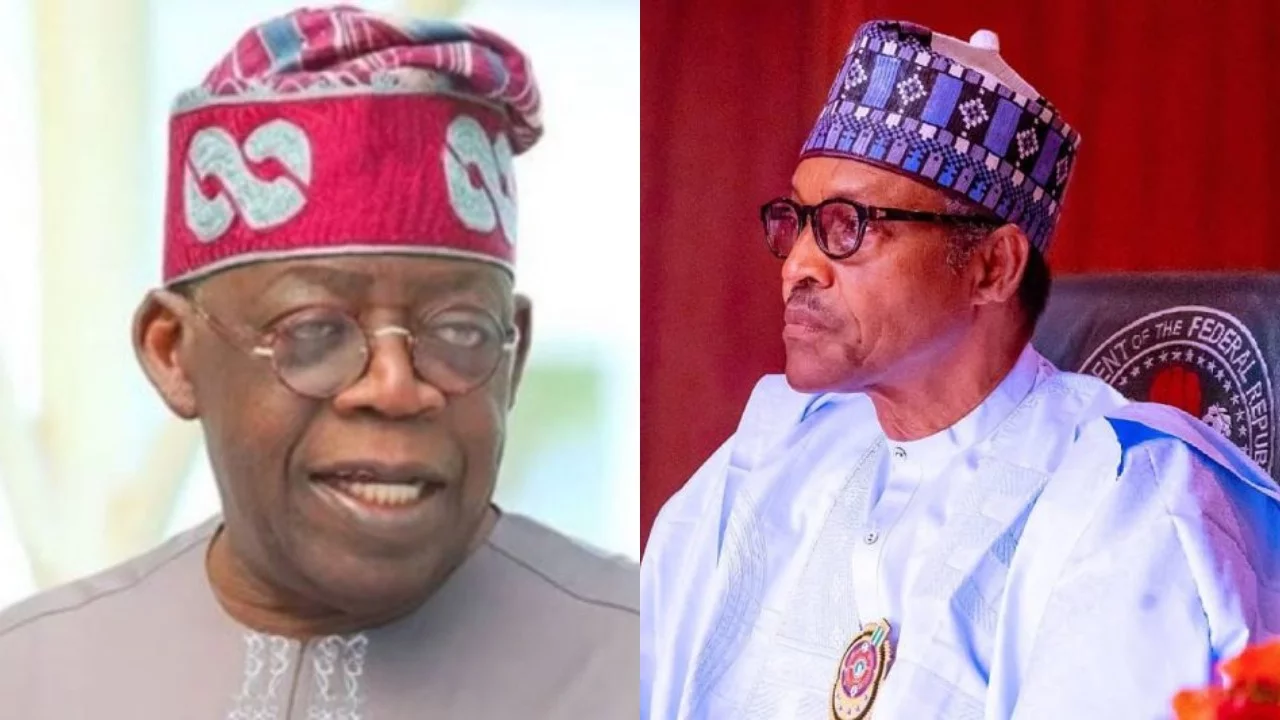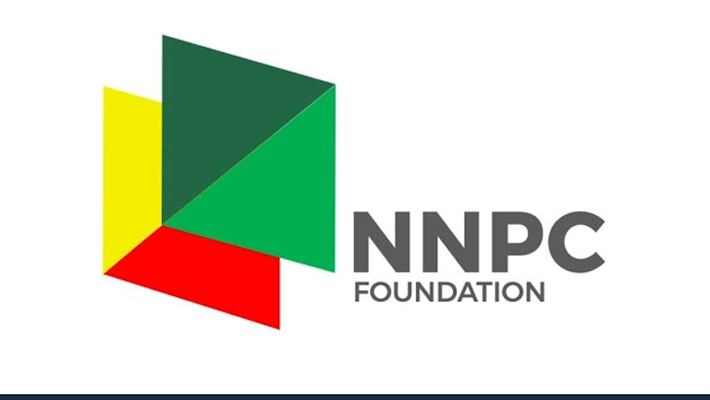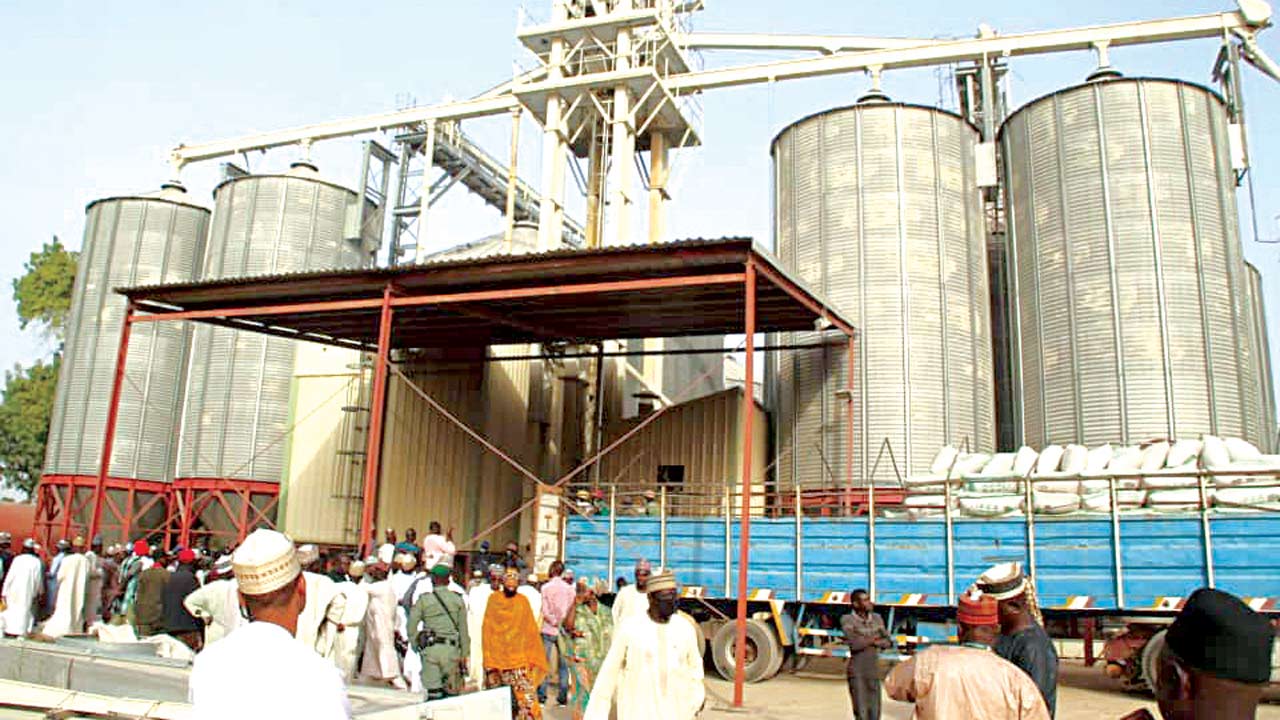The sum of $2.2 billion is set to be released in 2025, for the development of Special Agro-Industrial Processing Zones (SAPZ) across Nigeria by the African Development Bank (AfDB), in a bold move initiative to significantly boost Nigeria’s agricultural productivity, create jobs and strengthen value chains, cementing the country’s position as a leader in agro-industrial development in Africa with the construction and mobilisation starting in selected states including the Federal Capital Territory (FCT), Cross River, Ogun, Oyo, Kaduna, Kano, and Kwara. This was revealed by the Director General of the AfDB, Nigeria Office Abdul Kamara in a televised end of year review on activities of the agricultural sector in Nigeria.
“In all the seven states, we are now in conversation and are publishing the bidding documents so that we’ll shorten the process. The project is picking up, and that is not strange for projects that are very complex,” he said. According to Kamara, the fund is designed to drive the development of agro-industrial hubs, aggregation centers, and agricultural transformation programs that aim to enhance food security and unlock economic opportunities. “When you approve a programme, you have to have it signed with the Federal Government, especially of that magnitude. You also have to have it signed with the co-financiers. The Bank had to bring in IFAD and the Islamic Development Bank as co-financiers,” he explained.
Kamara expressed optimism about the program’s transformative potential, drawing parallels with similar successful projects in other regions, while highlighting the AfDB’s leadership in convening global financial support for the project, “The SAPZ is going to happen, and it’s going to deliver as much as we have seen elsewhere. The value, give or take, what the Bank is putting in is about one billion dollars. Of course, if you add what others are bringing in, it will be more than that because we are a convener; we bring in others,” he stated.












